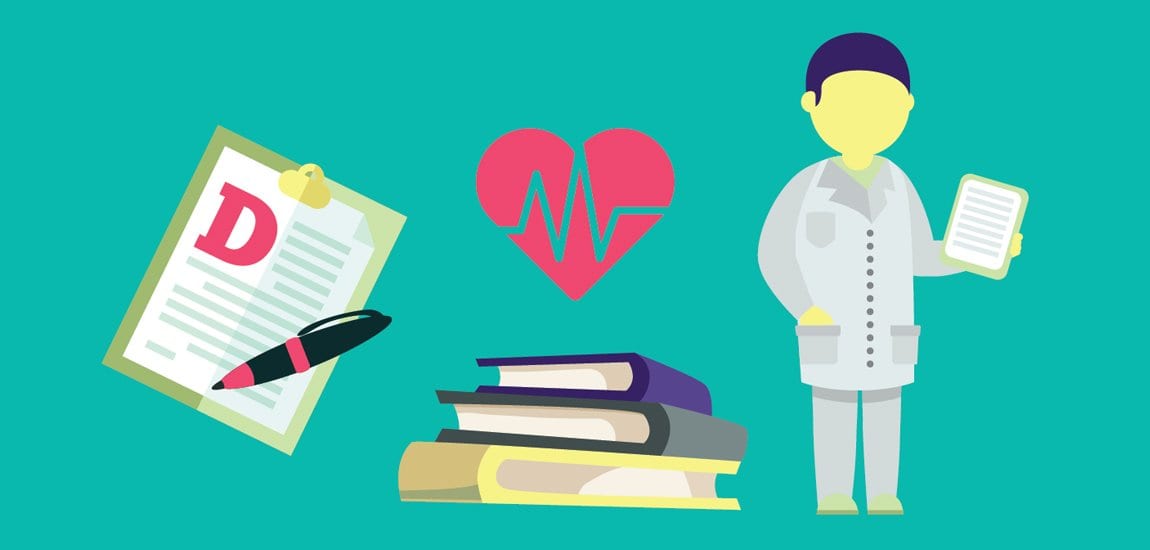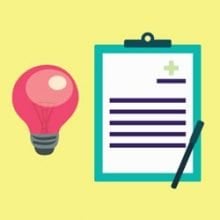
20 Spanish phrases native nurses should know
Language Translation
It is vital for medical practitioners, especially in the United States, to learn basic Spanish since it helps deliver their services to everyone. They need to study some basic Spanish medical phrases so that they can save more lives. Native nurses need to learn a foreign language to breach the language barrier with the patients.


Almost half of the population of the US speaks Spanish. You will encounter patients from different backgrounds, and they expect the same treatment as others when you work as a nurse. Spending time in the hospital can be scary to patients, no matter how comforting your nurse may be. Nurses can ease the pain that the patients feel if they communicate with them properly. There is a need for hospital translators to break the language barrier between patients and medical practitioners.
Unfortunately, hospitals can’t provide translators. This blog will discuss the common Spanish medical phrases that native nurses need to learn to respond appropriately to the needs of their patients.
It’s an emergency!
This is translated to “¡Es una emergencia!”
We have an emergency.
It means, “Tenemos una emergencia.”
Medical terms for travelers and medical professionals
Dolor
It means “pain.” It refers to either physical or mental pain.
Enfermo/enferma
It often acts as an adjective that means “sick.” It also acts as a noun that means a “sick person” or “patient.”
Enfermedad
Enfermedad means an illness, sickness or disease.
¿Cuál es el problema?
What is the problem?
Me duele/duelen la/el/las/los…
It is like saying, “My ______ hurt/hurts.” For example, me duele la cabeza means “my head hurts.” Me duelen los pies translate to “my feet hurt.”
Estoy enfermo/enferma.
It translates to “I am sick.” A man would use enfermo while a woman would use enferma, following standard grammar rules.
Siéntese aquí, por favor.
Sit here, please.
¿Tiene seguro médico?
Do you have medical/health insurance?
Necesito ver su…
I need to see your…
Tarjeta de seguro médico
Medical/health insurance card
¿Quién es su contacto de emergencia?
Who is your emergency contact?
Mal apetito/poco apetito
Mal apetito means “bad appetite,” while poco apetito means “poor appetite.”
Análisis de sangre
It means “analysis of blood.” It is called this “blood test” or “blood work.”
Número de seguro social
Social security number
Usted me entiende?
Do you understand?
Puede mostrarme dónde siente dolor?
Can you point to where you are in pain?
En escala del uno al diez, dígame qué tan malo es su dolor?
On a scale of 1 to 10, how bad is the pain?
Usted tiene algún familiar a quien podamos llamar?
Do you have any family that you want us to call?
Quiere usted algo de tomar o tiene hambre?
Are you hungry or thirsty?
Common medical Spanish phrases
The following phrases are typical responses of patients during examinations.
Tengo dolor.
It translates to “I have pain.”
Tengo dolor de cabeza.
I have a headache.
Tengo dolor de estómago.
I have a stomach ache.
Tengo dolor de garganta.
I have a sore throat.
Tengo dolor de oídos.
I have sore ears.
Tengo dolor de muelas.
I have a toothache.
Estoy enfermo.
I’m sick.
No me siento bien.
I’m feeling sick.
Me siento mal.
I feel unwell.
Me siento débil.
I feel weak.
Me duele el brazo.
My arm hurts.
Me duele la pierna.
My leg hurts.
Me duele la cabeza.
My head hurts.
Me duele la rodilla.
My knee hurts.
Me duele el pie.
My foot hurts.
Me duelen los dedos.
My fingers hurt.
Me duele el tobillo
My ankle hurts.
Me duele el ojo.
My eye hurts.
Me duele el hombro.
My shoulder hurts.
Often Used Spanish Medical Phrases
The list below includes the most common questions medical practitioners ask during examinations. It also contains commands that are usually used to assist the patients.
¿Que tipo de síntomas tiene?
What kind of symptoms do you have?
¿Tiene dolor?
Do you have pain?
¿Donde le duele?
Where does it hurt (you)?
¿Tiene fiebre?
Do you have a fever?
Cuántos años tiene usted?
How old are you?
Exhále.
Exhale.
Qué medicines toma?
What medicines do you take?
Dónde le duele? Aqui?
Where does it hurt? Here?
Désde cuándo lo tiene?
How long have you had it?
Sientese por favor.
Sit down, please.
Parese por favor.
Please stand up.
Siéntese, por favor.
Sit up, please.
Llame antes de levantarse.
Ask for help before you get up.
Use el botón para ayuda.
Use the call light if you need help.
Permítame.
Permit me.
Regreso en un momento.
I’ll be back in a moment.
No entiendo.
I don’t understand.
Repita, por favor.
Repeat, please
Hable despacio por favor.
Speak slowly, please.
Tienes preguntas?
Do you have questions?
Le voy a poner una agúja intravenosa en el brazo.
I am going to place an intravenous needle in your arm.
Le voy a poner una inyección.
I am going to give you an injection.\
Quiere bañarse?
Do you want to take a shower?
Quiere ir al baño?
Do you want to use the restroom?
Learning Spanish is faster if you are willing to study the language. We can always use applications to help us through the learning process. Some websites provide support for nurses in their Spanish translations. Your colleagues and friends can also assist you with your translations. It is always better to try all options if you want to learn the dialect.
How do you introduce yourself as a nurse in Spanish?
The most common way to introduce yourself in Spanish is to say “Me llamo” followed by your name.
What are some excellent phrases in Spanish?
Popular Spanish Sayings
- No hay dos sin tres. Literal: There is no two without three.
- Nuevo rey, nueva ley. Literal: New king, new law.
- Más vale maña que fuerza. Literal: Better skill than strength.
- Más se consigue lamiendo que mordiendo.
- Favor con favor se paga.
How to say Blood Pressure in Spanish?
la presión arterial is said blood pressure in Spanish.
What are the essential phrases in Spanish?
Important Spanish Phrases to Know:
- Hola – “Hello”
- ¿Qué tal? – “How are you?”
- ¿Qué pasa? – “What’s up?”
- ¿Cómo te va? – “How’re you doing?”
- Bien – “Good”
- Muy bien – “Very good.”
Is Spanish important for nursing?
A basic understanding of Spanish is a talent that can set a nursing job candidate apart and add value to their CV.


Sorry, the comment form is closed at this time.